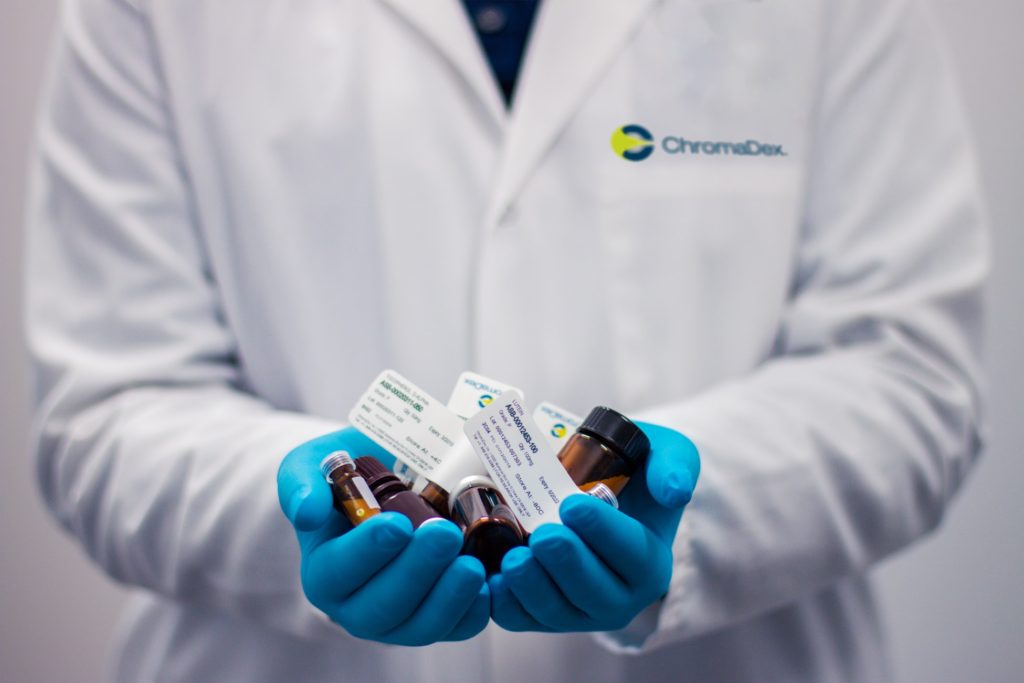Description: Medicine graduate, Maths, English and Science tutor Jennifer shares advice on how to get to medical school.
The progression from student to doctor is arduous, but what’s often even harder is starting the journey in the first place. For A-level and GCSE students, applying to medical school can be daunting and fill your last years of school with extra stress. Here are some tips for sailing smoothly through the process – and also for what to do if things don’t go to plan!

Know your reasons
“Why do you want to be a doctor?” is a typical interview question, but more importantly, it is one of the first things you must ask yourself. There is no right answer to this; some go into the profession due to personal experiences, other because they enjoy the combination of scientific knowledge with inter-personal skills.
Make sure your reason is true to you. I find that the best way to do this is to experience the medical profession in some way. You could shadow a GP, read a book written by a doctor or volunteer at a care-home.
This will open your eyes to the realities of the vocation, helping you to notice discrepancies from the career- glamorisation seen in “Grey’s Anatomy” and “Scrubs”. Once you are sure that you want to do medicine, and why you want it so bad, the best of the process becomes a little bit easier.
Work Experience
Not only is work experience great for helping decide if you want to do medicine, it is also a massive bonus on your application. Universities want to see that you have taken the initiative to REALLY know what medicine is like. With work experience however, it’s all about quality, rather than quantity.
You don’t need to do 6 months of volunteer work in a care-home! Try and keep your experiences short but full of variety, so you have a lot to talk about in your personal statement and in the interview. I only had two days of experience – one shadowing a psychiatrist, and another observing a radiologist.
This was enough for me to appreciate the long shift-work that doctors have to do and the importance of empathy towards patients and teamwork with other clinical staff. I spoke about these issues in depth during my application, and this proved to be beneficial.
Of course, everyone appreciates the highly competitive nature of medicine, which results in very few spaces for work experience in actual clinical environments.
If you are unable to access this – do not worry! Being a doctor requires a lot of skills that other occupations also need. You could gather experience in these fields and talk about their relatability to medicine.
For example, whilst observing a primary school teacher teaching phonics to a child, you should appreciate that the ability to tailor one’s communication style to the recipient is something that doctors do regularly when consulting different types of patients.

Meet the criterion
Medical schools do vary with respect to entry requirements, and it is important to know what these are before applying. Generally, most universities require an interview, UCAT or BMAT entry tests and 2 sciences at A-level.
With this in mind, it can be advantageous to know you want to do medicine as early as possible, as you can then select your subjects, prepare for the entrance tests and interview thoroughly (there are many online resources that help with this).
Furthermore, some universities have GCSE requirements, so doing some research may enlighten you to some additional tasks you may have to undertake, such as resits.
A brilliant personal statement
There are many online platforms advocating that your personal statement will be only be successful if you follow specific structures. Many of these companies claim to know “exactly what universities want”. As a previous medicine applicant, I do not subscribe to this idea at all.
From experience, heeding to this advice will simply make your personal statement impersonal and generic. Of course, there will be things that course administrators will be looking for – but this information is often widely available online. As long as the relevant information is clearly included, you should feel free to structure your statement however you desire.
Instead of doing one paragraph on why you want to study medicine, another on work experience, and another on extra-curriculum activities, you could be innovative and do something different!
For example, you could split your writing into sections, with each section exploring a specific skill needed in medicine, why this interests you and what you have done to demonstrate this skill. Be creative! Your personal statement is yours, so make it so.
Do not give up!
When things do not go to plan, remember your core reasons for wanting to take on such a tough, life-long role. There will always be an option B. Your route to medicine may not be as straight as someone else’s.
Remember, medicine is one of the most oversubscribed courses in the UK. You could do everything right, yet still suffer rejections simply due to statistics. You might have to take a gap-year. You might have to re-sit an exam. You may get an offer at the very last minute (a few UK universities offer clearing for MBBS).
You may even have to do a whole other degree, and then apply for graduate entry. It doesn’t matter. All that matters is that you keep your end ambitions in check and know that all the work will be worth it when you eventually get there.
Interested in working with Jennifer? Contact us today.

